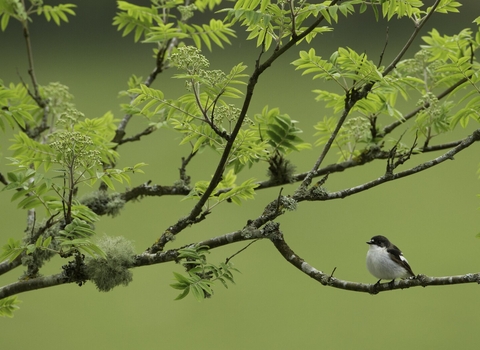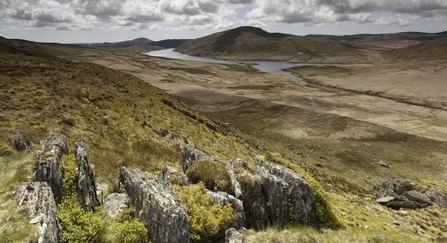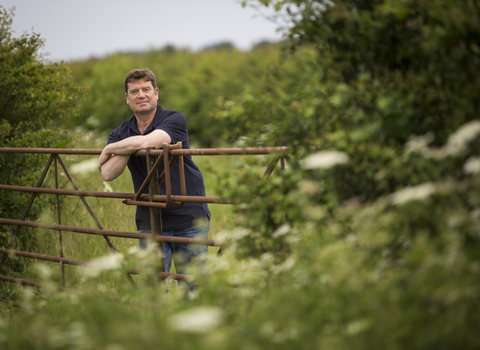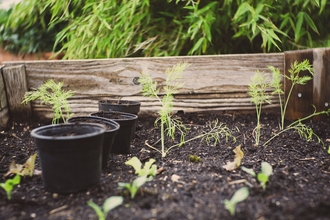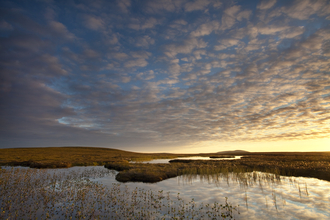Wildlife Trusts Wales are concerned over the lack of ambition for natures recovery in the Net Zero Wales plans announced by the Welsh Government this week. It is encouraging that the First Minister recognises that the loss of the natural world and the climate emergency is the same struggle and that his Government is committed to addressing both these issues simultaneously.
However, the Wildlife Trusts believes that the scale and the pace of the response by the Welsh Government doesn’t match the severity of the crises we face. We are running out of time to address these issues, and we need an urgent step change in the way we address these problems if we are to match the commitments made with meaningful action.
Addressing both the climate and nature crises means that nature-based solutions delivered at a landscape scale across Wales are vital. Nature has a crucial role in helping us adapt to climate change. We know Wales will be facing more extreme and frequent weather events. We need to invest now to let nature help by holding back flood waters and storing carbon. We need to increase our understanding and awareness that hard engineering responses are not adequate.

